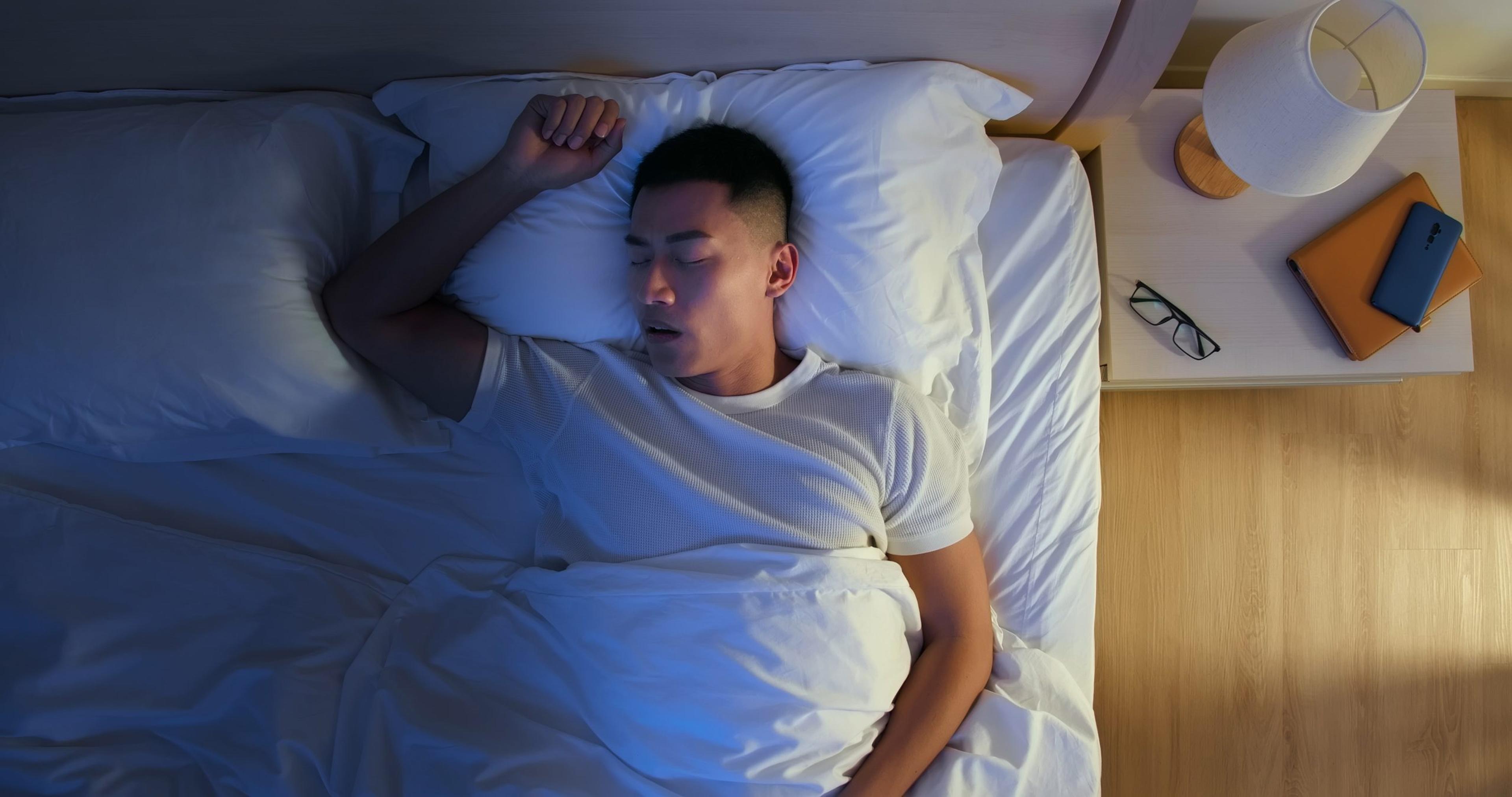Exploring the Connection Between Sleep and Diabetes Management
Julie Bitely
| 3 min read

Could a better night’s sleep help people with type 2 diabetes better control their blood sugar? A Michigan State University researcher is working to find out with help from a Blue Cross Blue Shield of Michigan Foundation grant. Robin Tucker, assistant professor, Food Science & Human Nutrition at MSU was awarded a $52,000 grant in November 2020 to study the effect that evidence-based sleep education has on how well people are able to manage their diabetes. All study participants will receive standard nutrition education geared toward diabetes patients, while half will take part in additional sleep hygiene classes. Tucker believes the group receiving support to improve their sleep will likely show more improvement in their A1c numbers, which measure blood sugar, weight and body mass index measures and diabetes self-management practices. Enrollment in the study has just begun. “We would expect to see that blood glucose would improve more than just by diet itself,” she said.
Existing research led to interest in new study
There’s good reason for Tucker to suspect that improving sleep quality will improve patients’ ability to manage their diabetes. Research has shown that insufficient and poor quality sleep has a negative effect on insulin sensitivity and poor sleep quality can lead to decreased energy, reducing one’s motivation to engage in self-care behaviors critical to managing type 2 diabetes. “Those things working against you are not going to help you get the blood glucose control that you want,” Tucker said. Tucker’s previous research also demonstrated that just one night of insufficient sleep leads to an increased preference for sweeter foods and beverages, linking sleep to food choices that can pose challenges to patients with type 2 diabetes. “There’s something going on in the brain where the reward function is not functioning like it should,” she said. “Normal foods aren’t as satisfying.” For a healthy person without diabetes, this might not be problematic but for someone with diabetes, ingesting larger quantities of sugar-laden foods puts more pressure on the body. People with type 2 diabetes have a harder time processing sugar effectively.
Study results could spark expanded support for sleep interventions
Study participants will take part in bi-weekly virtual support group sessions where they will learn about good sleep hygiene, relaxation techniques to promote sleep and other factors that affect sleep, such as physical activity levels. Tucker hopes to wrap up classes later this year and will evaluate the results. She’s hopeful that positive improvements in diabetes management could lead to expanded support for sleep education for people learning how to manage diabetes. “Our mission is to fund programs and research that look for ways to improve the quality and cost of health care,” said Audrey Harvey, executive director and CEO, BCBSM Foundation. “Given the prevalence of type 2 diabetes in Michigan and its associated costs, finding innovative approaches to treatment and education is imperative. We look forward to the results of this study and its potential to provide people with type 2 diabetes an additional resource in managing their health.” In Michigan, nearly 12% of adults report being diagnosed with diabetes and direct health care costs associated with diabetes and prediabetes cost an estimated $10.5 billion every year. Related:
- Culturally Sensitive Substance Abuse Prevention Curriculum Breaking Down Stigma
- Grants Support Housing Initiatives Designed to Improve Health
- How Alcohol Impairs the Sleep Cycle
Photo credit: Getty Images





